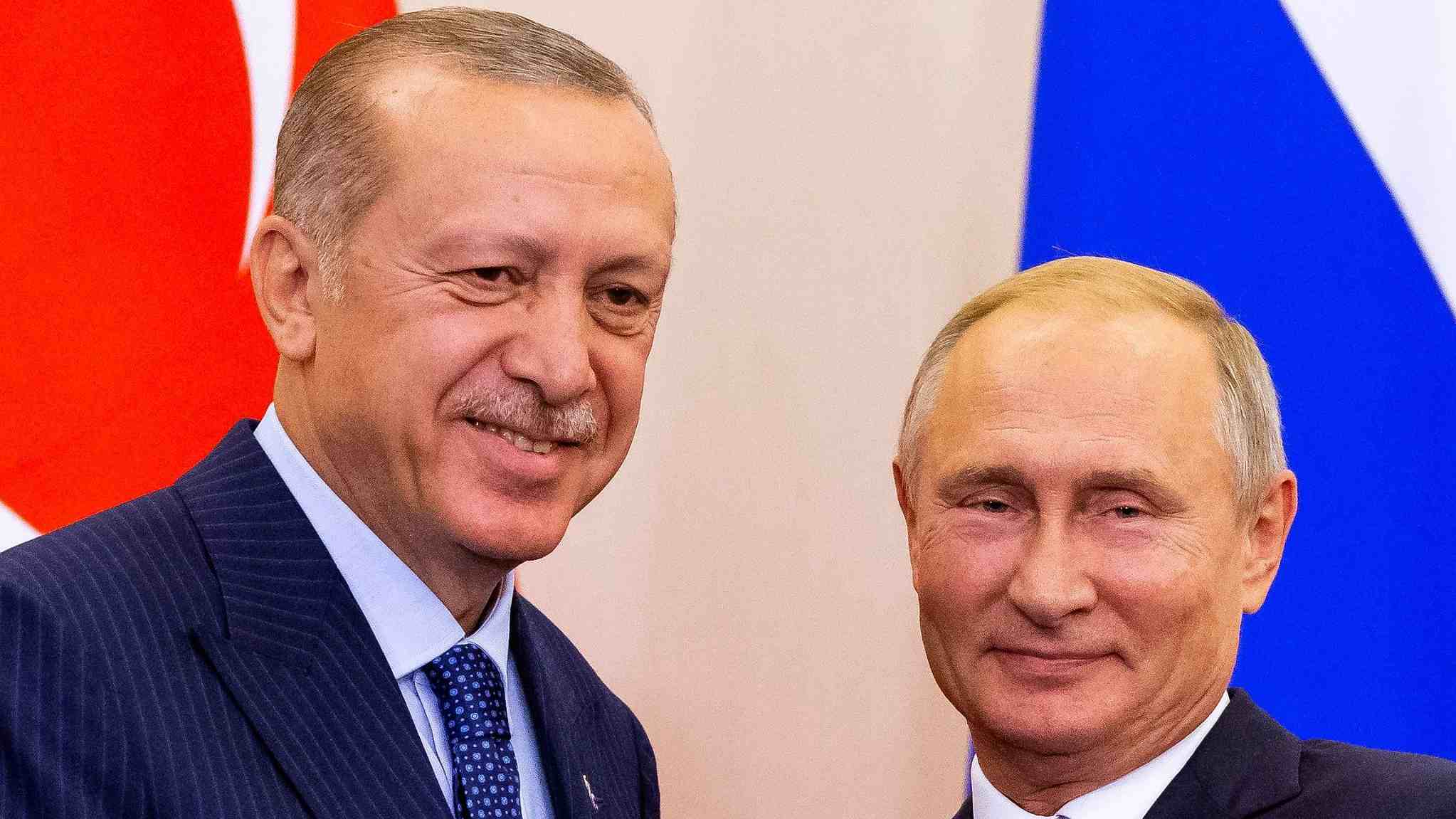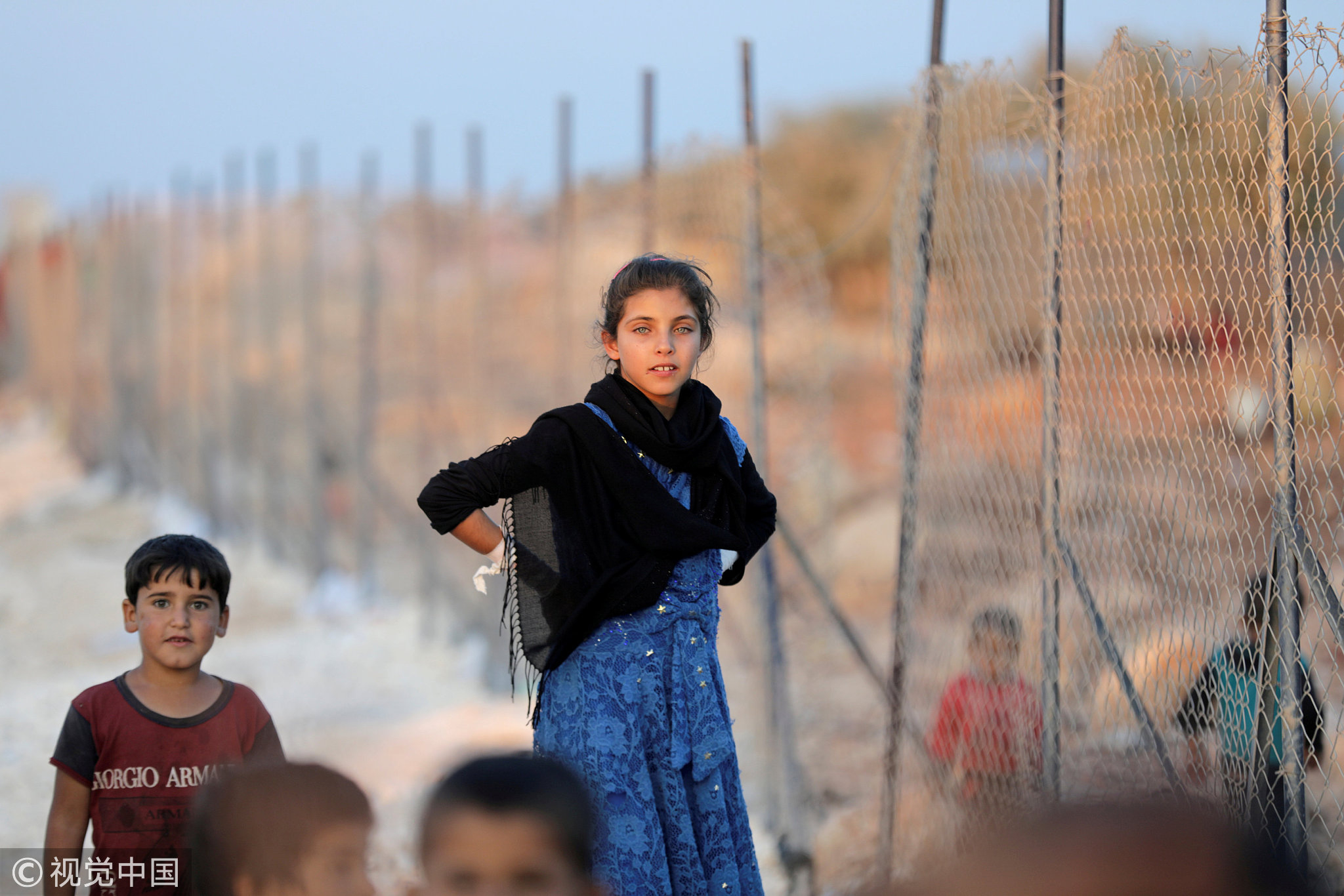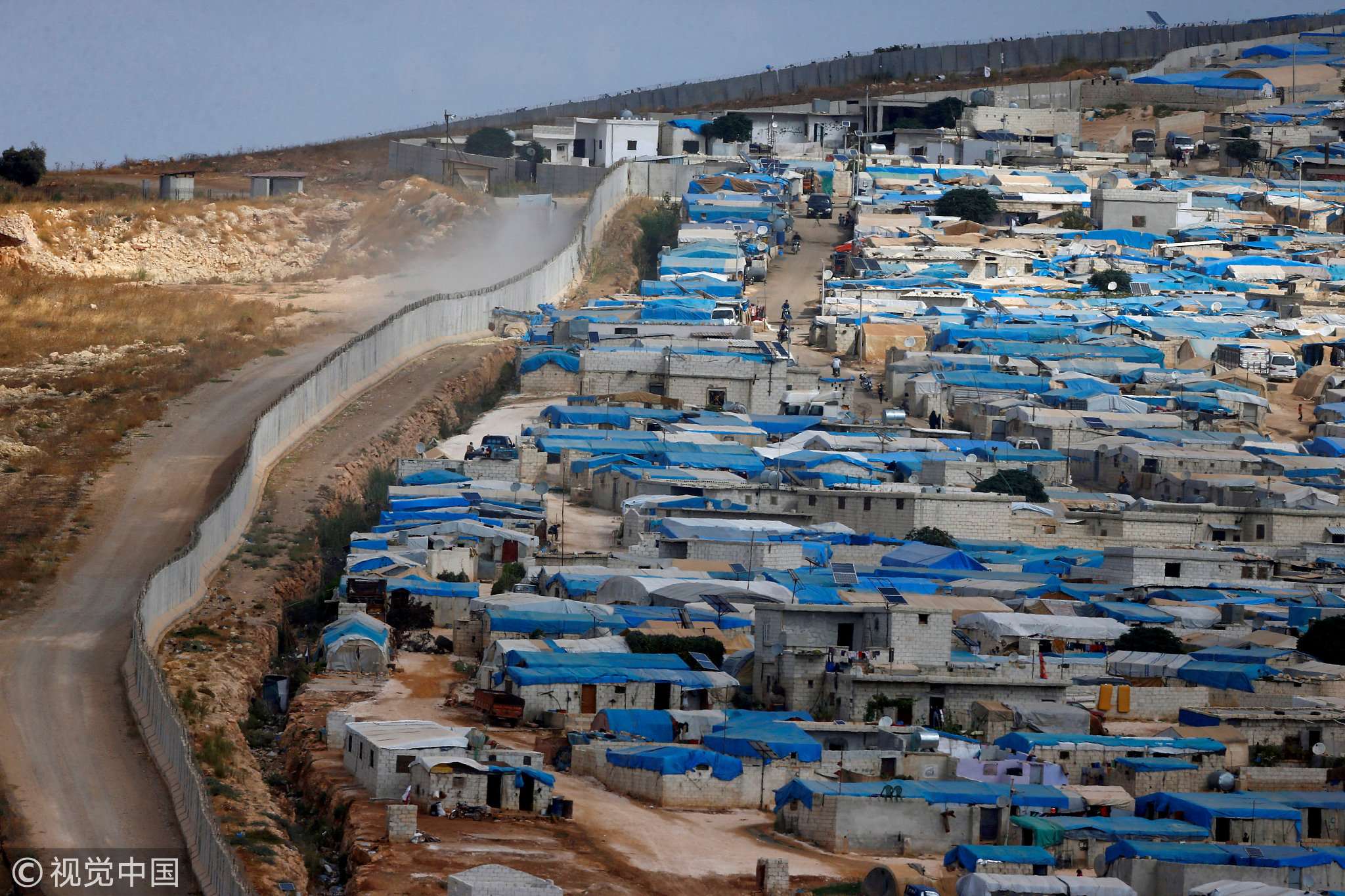
Opinions
18:14, 20-Sep-2018
Opinion: Why did Russia strike a compromise for Syria’s Idlib with Turkey?
Updated
17:56, 23-Sep-2018
Gong Zheng

Editor's note: Gong Zheng is an assistant research fellow at China Institutes of Contemporary International Relations. The article reflects the author's opinion, and not necessarily the views of CGTN.
As anxiety about an imminent government-led showdown in Syria's last rebel-held area was reaching its climax, the leaders of Russia and Turkey met in Sochi and agreed to establish a "de-militarized zone" on September 17, in a move that put on hold an all-out assault by Syrian government forces in Idlib. Russian President Vladimir Putin and his Turkish counterpart Recep Tayyip Erdogan jointly announced that a 15-20km-wide zone would be established by October 15, and vowed to "counter terrorism in Syria in all its forms."
Only 10 days before the Sochi meeting, a Turkish ceasefire proposal in Idlib was rejected by Russia and Iran during a Tehran summit on September 7. The last-minute turnaround of Russia's attitude triggered the curiosity of many observers.
In my opinion, the recent agreement between Ankara and Moscow is unexpected and yet somehow understandable.
At present, the players involved in the situation in Idlib can be roughly divided into three camps: the Russian-Iranian-Syrian alliance, Turkey and the United States.
In a sense, the policymakers of Russia have to consider two major factors simultaneously in order to safeguard Moscow's hard-won gains after nearly three years of military campaign in Syria.

Newly displaced Syrian children arrive to a refugee camp in Atimah village, Idlib province, Syria on September 11, 2018. /VCG Photo
Newly displaced Syrian children arrive to a refugee camp in Atimah village, Idlib province, Syria on September 11, 2018. /VCG Photo
As an endogenous factor, Russia needs a "decent victory" in Syria desperately. During the past six months, Russian and Iranian forces have helped the government of President Bachar al-Assad retake many important strategic sites from the hands of the opposition militia, including some key towns in Homs province, Eastern Ghouta near Damascus, the surrounding areas of Quneitra, and Daraa province in the south.
Although Moscow hopes that the Syrian government retake the last rebel bastion in Idlib, it is not willing to pay high costs. To many Russians, Moscow has already lost enough souls and airplanes in Syria, not to mention the recent Il-20 surveillance plane's crash caused by Israeli fighter jets.
The best option for Putin is to force the Idlib opposition to surrender voluntarily as soon as possible through heavy military pressure. The new deal stipulates that all opposition forces have to withdraw from the "de-militarized" zone by October 15 and the transit traffic on the routes M4 and M5, which is vital for Syria's reconstruction plan, will be restored by the end of 2018. Even though the Assad government may raise an eyebrow regarding the compromise to Turkey, it's still the best face-saving plan for everyone for now. In this regard, the new deal is not a bad deal for Russia.
As for the exogenous factor, Russia has to take the Trump Administration's reactions into serious consideration. In general, President Donald Trump is more than reluctant to dispatch more US military and invest more diplomatic resources into the quagmire of Syria, but his national security team and many an ordinary US citizen hate to see a "total victory" for Russia and vehemently oppose Iran's presence in Syria.
On September 3, President Trump tweeted that Assad "must not recklessly attack Idlib Province," and warned Russia and Iran not to make "a grave humanitarian mistake." Several US officials from Trump's security team also threatened to take military action if the Syrian government used chemical weapons. The United States currently has about 2,200 troops stationed in Syria, supporting the Kurdish forces in the northeast and the New Syrian Army in the al-Tanf base.

A wall along the border between Turkey and Syria is pictured at the Syrian town of Atimah, Idlib province, in this picture taken from Reyhanli, Hatay province, Turkey on October 10, 2017. /VCG Photo
A wall along the border between Turkey and Syria is pictured at the Syrian town of Atimah, Idlib province, in this picture taken from Reyhanli, Hatay province, Turkey on October 10, 2017. /VCG Photo
Given such circumstances, Russia fully knows that the US forces are completely capable of making things ugly and messy if Trump thinks Assad "crossed the red line." It is truly unwise and unnecessary to irritate the US at this moment when Russia already has a lot of strategic interests in the Middle East. Striking a quick deal with Turkey can be politically expedient and "safe" for Russia.
After the "Idlib compromise", it goes without saying that the Assad government is one more step closer to complete victory over the armed opposition, pushing the seven-year-long war into its final stage. But this doesn't mean that political reconciliation can proceed smoothly.
Firstly, the gap between Russia and the US on Assad's future is still wide, which fuels uncertainties on other core issues of political resolution. Making things worse, it is now more difficult for the Syrian opposition to send a truly representative delegation to attend the UN Geneva talks, due to ongoing infighting between different rebel groups.
After seven years of war, 500,000 people are either dead or missing, and millions have been forced to leave their homes and the country.
Although it is unlikely that a new round of large-scale anti-government protests to erupt again, the security situation will remain tense as long as the sectarian strife continues.
Secondly, the return of Syrian refugees is also very difficult. One important factor that threatens their wish to return home is Law No. 10, passed by the Syrian government on April 2, 2018 and which allows the creation of redevelopment zones across Syria that will be designated for reconstruction.
According to the law, if a property owner doesn't appear on official documents, they are given one year to provide proof of ownership. If the owner fails to provide proof, they will not be compensated for the loss and the estate will become "public property" for reconstruction.
The law will likely cause millions of displaced Syrians to lose their homes. If so, the future for Syria's reconstruction could be very bleak and painful.
(If you want to contribute and have specific expertise, please contact us at opinions@cgtn.com.)

SITEMAP
Copyright © 2018 CGTN. Beijing ICP prepared NO.16065310-3
Copyright © 2018 CGTN. Beijing ICP prepared NO.16065310-3